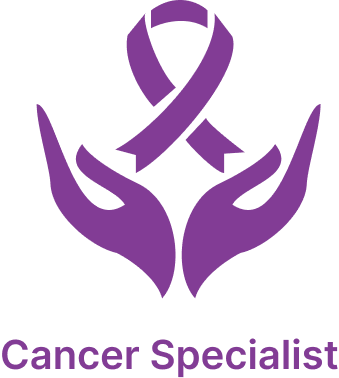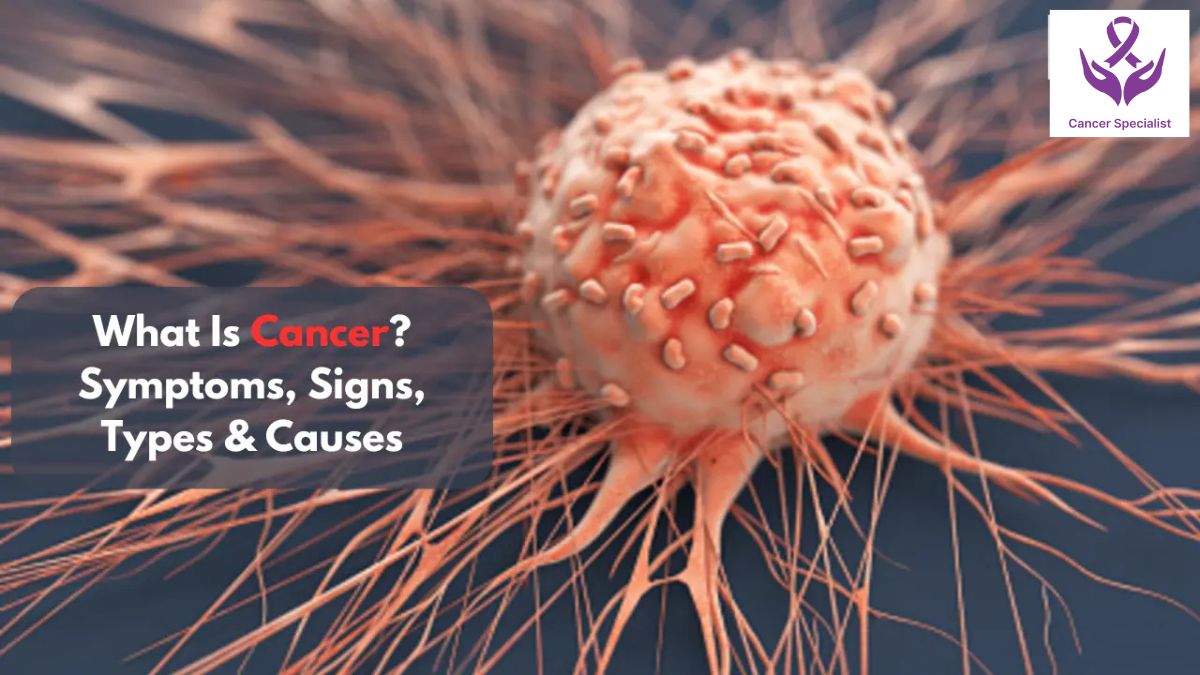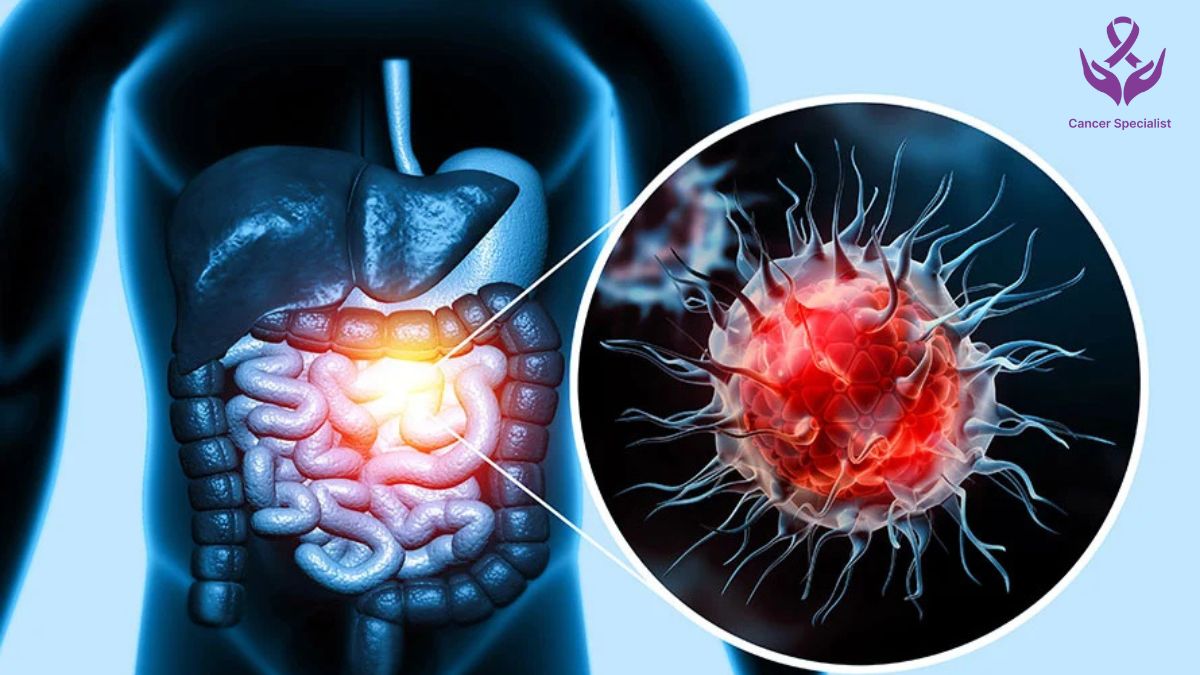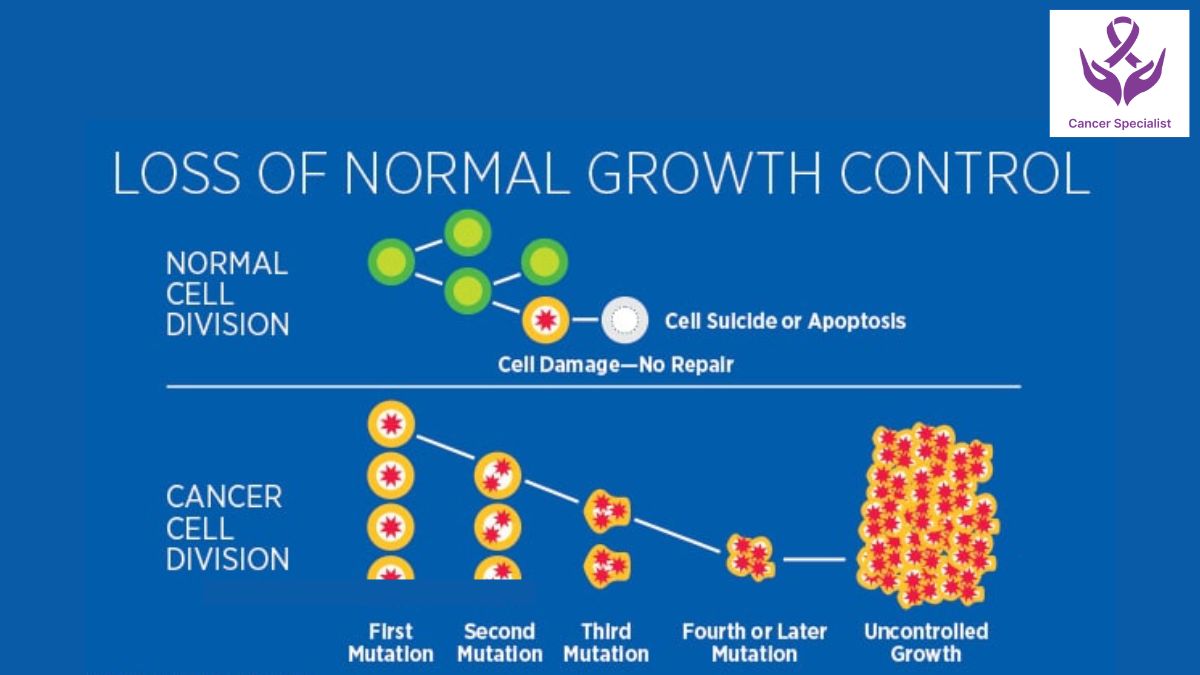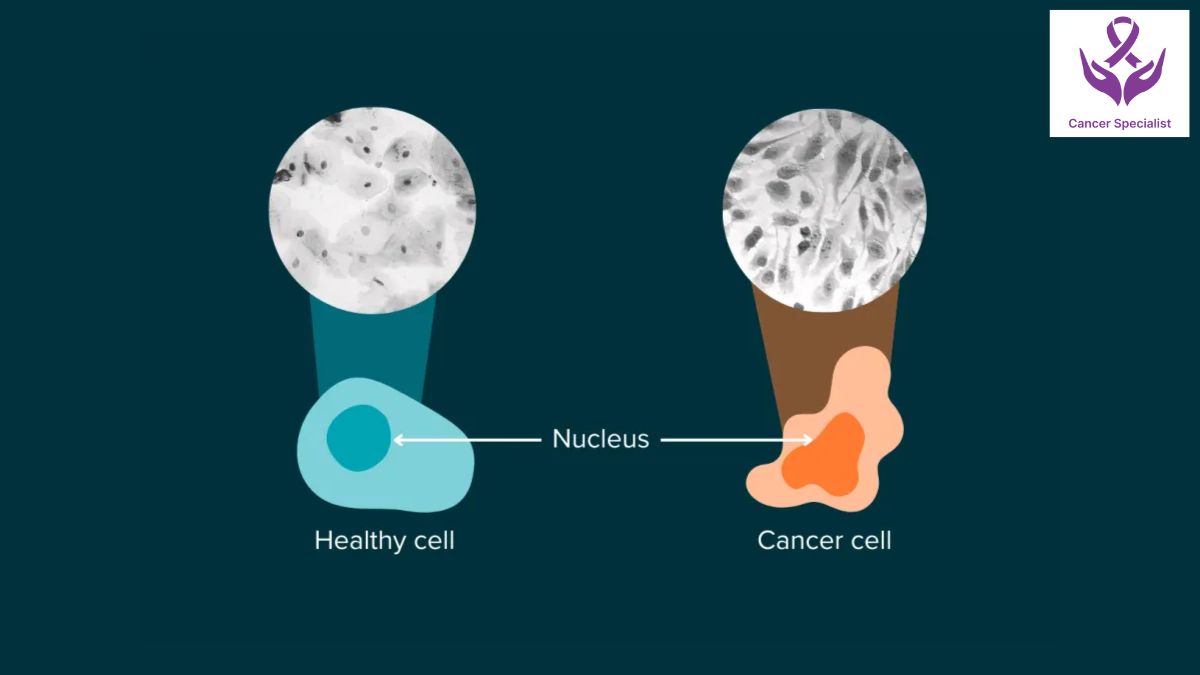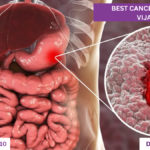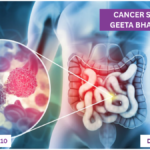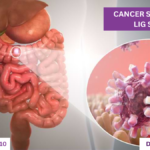Hearing the word “cancer” can feel like the ground shifts beneath your feet. It’s not just a diagnosis, it’s a storm of emotions, questions, and uncertainties. You may wonder, What does this mean for my future? How will my family cope? In these moments, the need for someone who understands both the science and the human side of the disease becomes vital.
A Cancer Doctor isn’t just there to prescribe treatments. They are a source of reassurance, a partner in your healing journey, and a guide through complex medical decisions. With the right care, support, and knowledge, the road ahead, though challenging, can also be filled with moments of strength, hope, and progress.
Table of Contents
ToggleWhat is Cancer and Why Does it Happen?
Cancer is not a single disease, it’s a group of conditions where cells in the body grow uncontrollably and spread to other areas. Normally, our cells grow, divide, and die in an orderly way. But in cancer, this process is disrupted, leading to abnormal cell growth. A Cancer Doctor helps patients understand how different types of cancer behave and which treatments work best for each case.
While the exact cause of cancer can vary, common factors include genetic changes, lifestyle habits, environmental exposures, and sometimes unknown reasons. Knowing the cause isn’t always possible, but taking steps toward early detection and treatment can make a life-saving difference.
What Signs Should You Never Ignore?
Many cancers start silently, but some early warning signs include:
- Unexplained weight loss
- Persistent fatigue
- Lumps or swelling in any part of the body
- Changes in skin or moles
- Long-lasting cough or hoarseness
- Unusual bleeding or discharge
If you notice any of these symptoms, seeing a Cancer Surgeon promptly can help in early diagnosis and better treatment outcomes.
How Does a Cancer Doctor Diagnose the Disease?
Diagnosis is a careful process. A Cancer Doctor begins by listening to your symptoms, reviewing your medical history, and conducting physical exams. Tests like blood work, imaging scans (CT, MRI, PET), and biopsies help confirm the presence of cancer and identify its stage.
This step is crucial because the stage of cancer determines the best treatment approach. A compassionate doctor explains each step clearly, making sure you understand and feel supported through the process.
What Treatment Options are Available?
A Cancer Surgeon may recommend one or a combination of the following treatments:
- Surgery – to remove tumors
- Chemotherapy – to destroy cancer cells using drugs
- Radiation Therapy – to target cancer cells with high-energy rays
- Targeted Therapy – to attack specific cancer cell types
- Immunotherapy – to boost the body’s natural defenses
- Hormone Therapy – for cancers affected by hormones
Each treatment plan is unique, tailored to your type and stage of cancer, overall health, and personal preferences.
How Do You Cope Emotionally During Cancer Treatment?
Cancer affects not just the body but also the mind and spirit. Many patients experience fear, anxiety, or depression. A good Cancer Surgeon addresses emotional well-being alongside medical treatment.
Practical coping strategies include:
- Joining support groups
- Practicing mindfulness and relaxation techniques
- Maintaining open communication with loved ones
- Seeking professional counseling when needed
Why Does Choosing the Right Cancer Surgeon Matter?
The right Cancer Surgeon doesn’t just treat the disease, they care for the person. They combine medical expertise with empathy, ensuring patients feel heard and valued. With years of experience, deep medical knowledge, and a track record of trust, such a doctor becomes more than a healthcare provider, they become a partner in the healing journey.
In the hands of the right specialist, patients not only get advanced treatment but also the reassurance that they are not facing this battle alone.
What Role Does Early Detection Play in Survival?
Early detection often means more treatment options, less aggressive therapies, and higher chances of recovery. Regular check-ups, cancer screenings, and awareness of symptoms can lead to timely diagnosis. A Cancer Doctor emphasizes prevention and early action, because in cancer care, time matters.
Conclusion: Trust in Experience and Compassion
When cancer enters your life, the right guidance can change everything. With over years of proven expertise, compassionate patient care, and a reputation built on trust, Dr. Suyash Agrawal stands as a beacon of hope for countless individuals. Patients choose this path not only for medical excellence but for the human touch that transforms fear into confidence, and uncertainty into a plan for healing.
Patient Reviews
Rohini S. – From the first consultation, I felt at ease. The explanations were clear, and the care was genuine.
Arun M. – A Cancer Doctor who truly listens and treats you with respect. The treatment plan worked wonders for me.
Mansi K. – I was scared, but here I found more than a doctor, I found a guide through the toughest time of my life.
FAQs
Q1: Can cancer be cured?
Yes, many cancers can be cured if detected and treated early. An oncologist will discuss the best approach based on your case.
Q2: How long does cancer treatment take?
It depends on the type and stage of cancer. Some treatments last weeks, others may take months or more.
Q3: Are cancer treatments painful?
Some treatments have side effects, but a good oncologist will work to minimize discomfort and manage symptoms.
Q4: How often should I get screened for cancer?
This varies based on age, family history, and health conditions. Regular check-ups are advised.
Q5: Can lifestyle changes reduce cancer risk?
Yes. Eating a balanced diet, exercising regularly, avoiding tobacco, and limiting alcohol can help lower risk.
